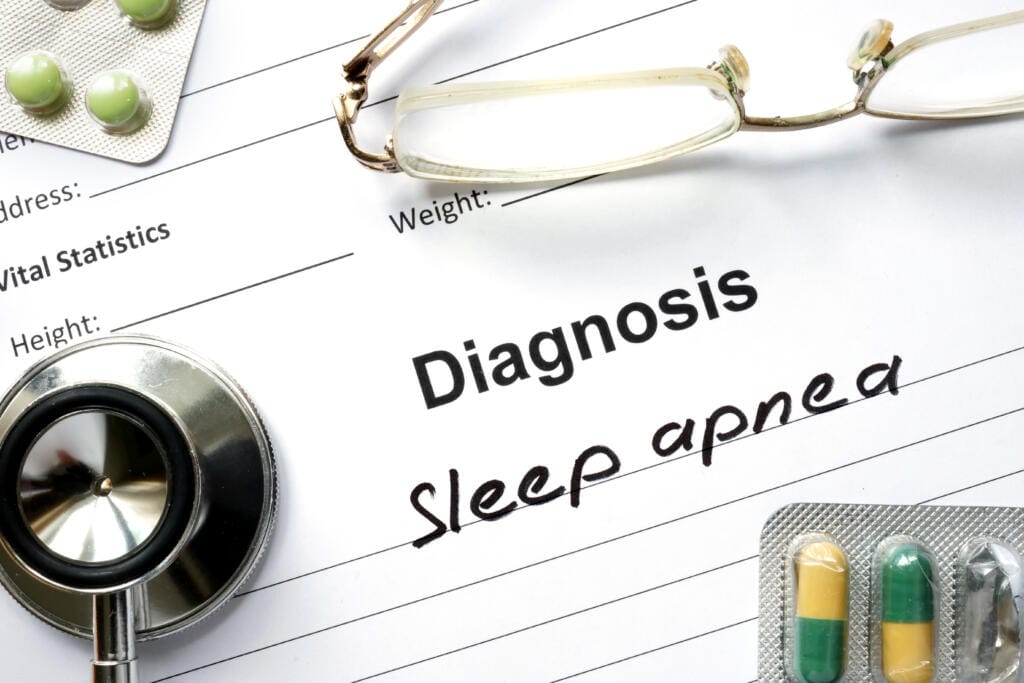
Sleep apnea is a serious sleep disorder that affects millions of people worldwide. It is characterized by pauses in breathing or shallow breaths during sleep, leading to poor sleep quality and other health issues. One of the key methods used to diagnose sleep apnea is the sleep apnea test, also known as a sleep study or polysomnography. In this blog post, we will explore the pros and cons of the sleep apnea test, highlighting its benefits and limitations.
Pros of the Sleep Apnea Test
The sleep apnea test is a valuable tool for diagnosing sleep apnea. It allows healthcare providers to monitor a patient’s sleep patterns and identify any abnormalities that may indicate sleep apnea. One of the main advantages of the sleep apnea test is its ability to provide an accurate diagnosis. By monitoring a patient’s sleep patterns and oxygen levels throughout the night, healthcare providers can determine whether the patient has sleep apnea and, if so, the severity of the condition.
Another benefit of the sleep apnea test is its convenience. While traditional sleep studies require patients to spend a night in a sleep clinic, at-home sleep apnea tests allow patients to undergo testing in the comfort of their homes. This can be particularly beneficial for patients who live far from a sleep clinic or who have difficulty sleeping in a new environment.
Cons of the Sleep Apnea Test
While the sleep apnea test has many benefits, it also has some limitations. One of the main drawbacks is its cost. At-home sleep apnea tests can be expensive, and not all insurance plans cover the cost. This can be a barrier for some patients who cannot afford the test out of pocket.
Another limitation of the sleep apnea test is its accuracy. While the test is generally reliable, there is still a chance of false positives or false negatives. This means some patients may be diagnosed with sleep apnea when they do not have the condition, or vice versa.
Conclusion
In conclusion, the sleep apnea test is valuable for diagnosing sleep apnea. It provides an accurate diagnosis and is convenient for patients. However, it can be expensive and may not always be 100% accurate. If you suspect that you or a loved one may have sleep apnea, it is important to speak with a healthcare provider to determine the best course of action.
If you’re interested in learning more about at-home sleep apnea tests, you can check out HomeTestHealth’s selection of sleep tests here.

